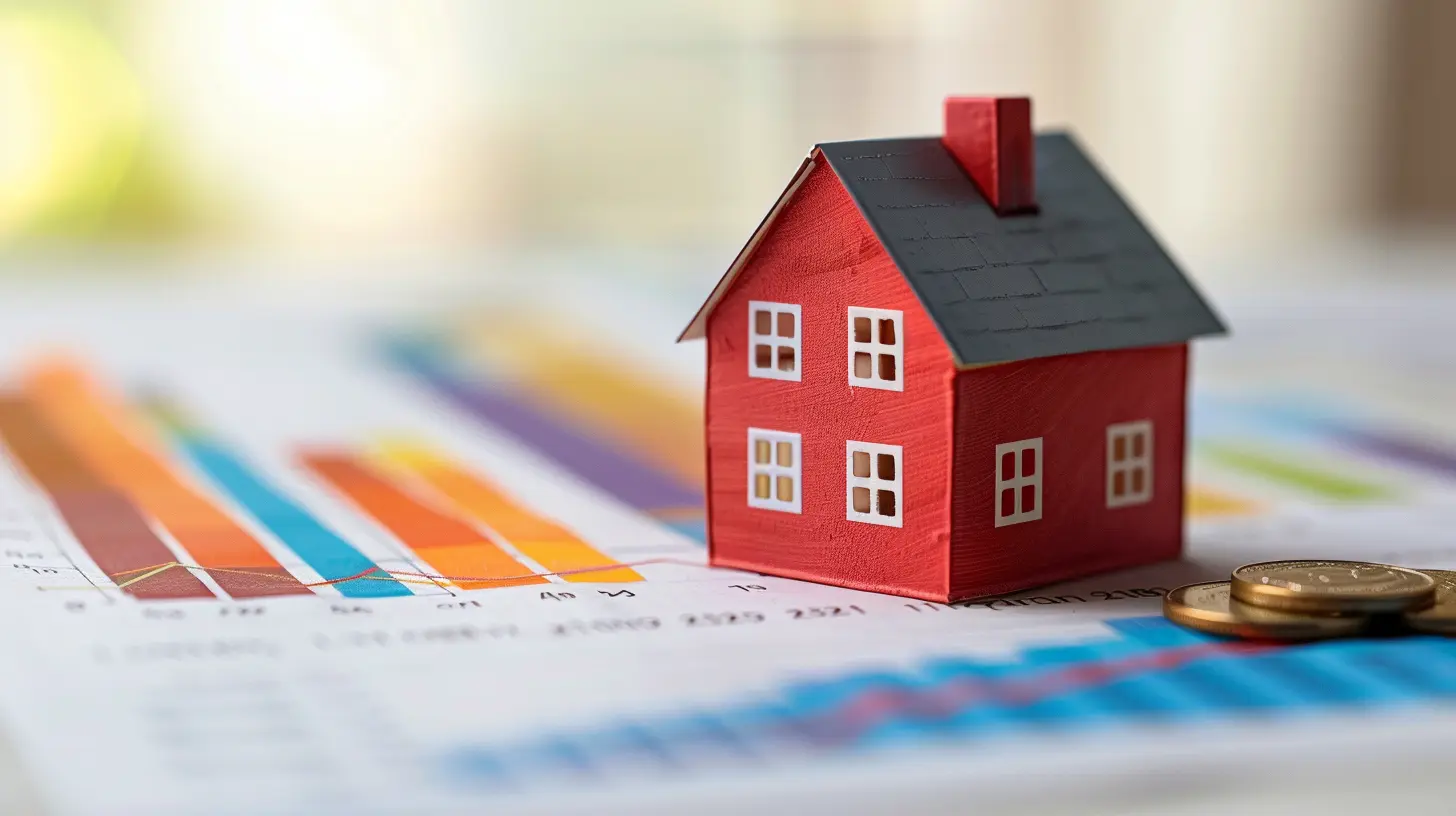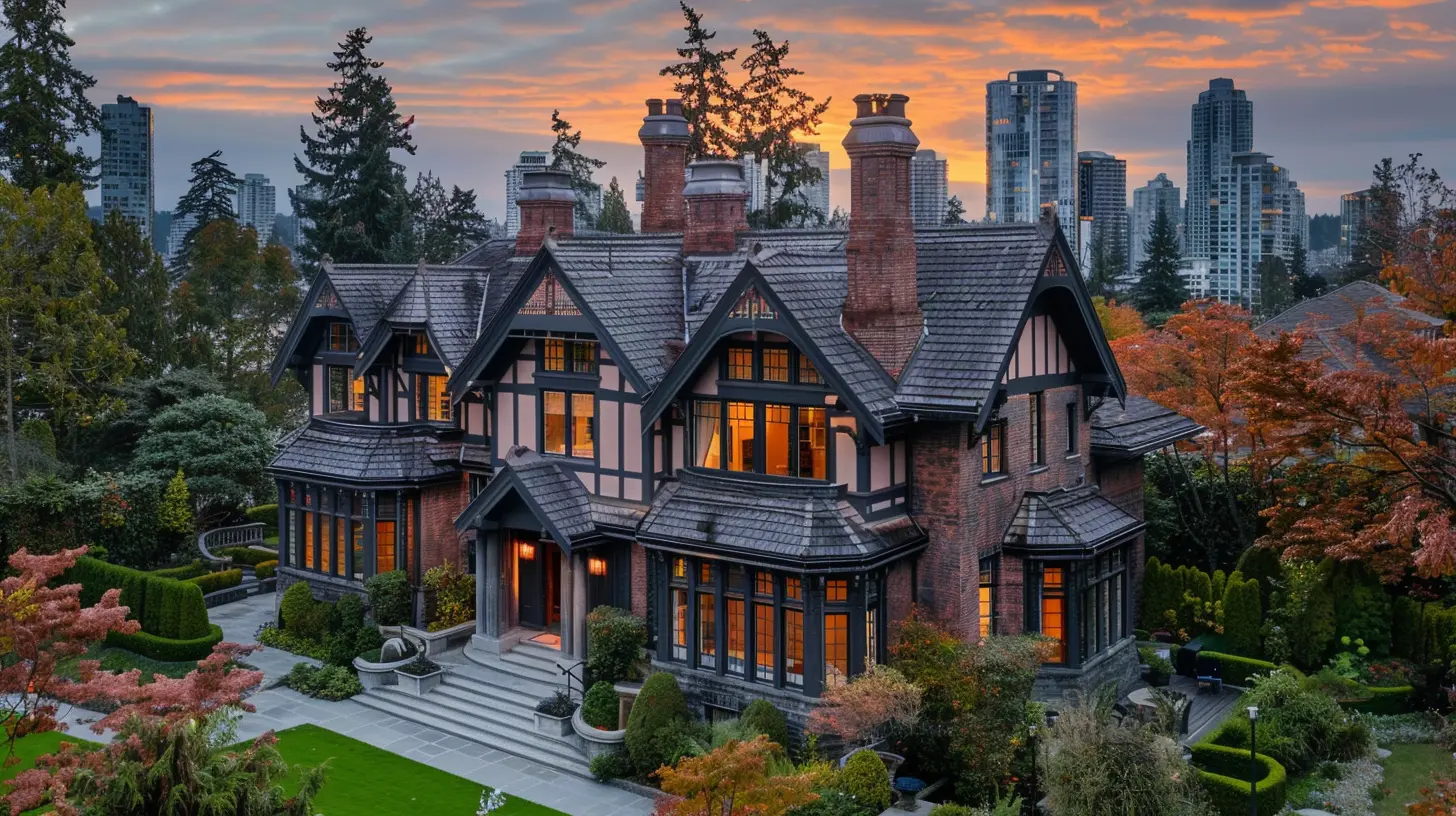Decoding the Hot Housing Market: What It Means for You
8 June 2025
The real estate market has been on fire lately, catching the attention of buyers, sellers, and investors alike. Whether you're looking to buy a home, sell your current property, or just curious about what's happening, it’s crucial to understand the ins and outs of today’s hot housing market.
But what exactly does a "hot" market mean? And, more importantly, how does it impact your decisions as a homeowner or potential buyer? In this guide, we'll break it all down for you in simple terms so you can make smart, informed choices.

What Is a Hot Housing Market?
A hot housing market is one where there’s high demand and low supply—meaning more people are looking to buy than there are homes available. This creates a seller’s market where home prices rise, properties sell quickly, and bidding wars become common.Think of it like a packed concert with only a few tickets left—everyone wants in, driving the price up!

Signs That Indicate a Hot Housing Market
How do you know if the market is heating up? Here are a few telltale signs:- Low Inventory: Fewer homes for sale mean buyers must compete for available properties.
- Rising Home Prices: Prices steadily increase due to high demand.
- Multiple Offers on Homes: Sellers receive multiple bids, often above the asking price.
- Faster Sales: Homes spend less time on the market, sometimes selling within days.
- Low Mortgage Rates: Favorable interest rates encourage more buyers to enter the market.
- New Construction Activity: Builders ramp up construction to meet demand.
If you’re seeing these trends in your area, chances are the market is hot!

What This Means for Buyers
1. Be Prepared to Act Quickly
In a hot market, hesitation can cost you your dream home. If you find a house that checks all your boxes, be ready to make an offer immediately.2. Get Pre-Approved for a Mortgage
A pre-approval letter from your lender shows sellers you're serious and can afford the home. It also gives you a clear budget so you don’t waste time looking at properties outside your price range.3. Expect to Pay More
With high demand comes higher prices. Be prepared to offer competitive bids, sometimes above the asking price, to stand out in a crowded market.4. Work with a Skilled Real Estate Agent
Having a knowledgeable agent by your side can make a huge difference. They can help you navigate bidding wars, find hidden gems, and negotiate the best deal.5. Be Flexible with Your Expectations
You might not get everything on your wish list, so be willing to compromise. Prioritize your must-haves over nice-to-haves to increase your chances of finding a home.
What This Means for Sellers
1. You Hold the Power
In a seller’s market, you can typically command a higher price and set favorable terms. Buyers are eager, and competition is fierce—great news for you!2. Don’t Overprice Your Home
While demand is high, overpricing can still scare off potential buyers. A strategic price point will attract more offers and possibly spark a bidding war.3. Make Your Home Stand Out
Even in a hot market, first impressions matter. Ensure your home is clean, staged, and well-maintained. Small upgrades like fresh paint or landscaping can boost your home's appeal.4. Be Ready for a Quick Sale
Homes in a hot market sell fast. Be prepared to move quickly—both in terms of paperwork and physically moving out if required.5. Carefully Review Offers
You may receive multiple offers, so don’t just go for the highest bid. Consider contingencies, financing terms, and the buyer's flexibility to choose the best deal.What This Means for Investors
A booming housing market is a goldmine for investors, but it’s essential to play your cards right.1. Short-Term Profits May Be Higher
If you flip homes, you might see bigger profits due to rising prices. However, competition for properties will also be intense.2. Rental Demand May Increase
As home prices rise, some buyers may get priced out, leading to increased demand for rentals. If you’re a landlord, this could mean higher rental income.3. Be Cautious of a Cooling Market
What goes up often comes down. If the market slows, you don’t want to be stuck with overpriced properties. Always analyze market trends before investing.
Is This Housing Market a Bubble?
One of the most debated questions: Is the market in a bubble? A housing bubble occurs when home prices rise rapidly due to high demand but eventually crash when demand weakens.While today’s market has similarities to past bubbles, there are key differences:
- Stricter mortgage regulations prevent risky lending practices.
- Low housing supply is a fundamental issue, not just speculation.
- Demand is driven by real buyers, not just investors flipping homes.
While no one can predict the future with certainty, experts believe the market is strong but not on the verge of collapse.
How Long Will This Hot Market Last?
Markets fluctuate, and while hot markets don’t last forever, they don’t necessarily crash overnight either. Factors like economic conditions, interest rates, and supply chain issues will determine how long this boom continues.If mortgage rates rise or new homes flood the market, things could cool down. However, as long as demand outpaces supply, prices are likely to remain strong.
Final Thoughts: What Should You Do?
Whether you’re buying, selling, or investing, the key to success in a hot housing market is preparation.- Buyers: Get pre-approved, act fast, and be flexible.
- Sellers: Price strategically, prepare your home, and review offers carefully.
- Investors: Weigh risks, watch market trends, and think long-term.
Real estate is one of the biggest financial decisions you'll make, so take your time, do your research, and work with professionals to get the best outcome.
With the right approach, you can navigate this sizzling market with confidence!
all images in this post were generated using AI tools
Category:
Real Estate MarketAuthor:

Kingston Estes
Discussion
rate this article
3 comments
Wade McDermott
In a hot housing market, informed decisions and patience are essential; prioritize your needs over trends for lasting satisfaction.
June 13, 2025 at 2:44 AM

Kingston Estes
Thank you for your insightful comment! Prioritizing your needs and making informed choices are indeed crucial in navigating a hot housing market.
Hunter Yates
Adapt wisely to market dynamics.
June 11, 2025 at 10:48 AM

Kingston Estes
Thank you! Adapting to market dynamics is crucial for making informed decisions in today's fast-paced housing market.
Nymira McFadden
The current housing market's dynamics impact buyers and sellers significantly, necessitating strategic planning and informed decision-making.
June 9, 2025 at 4:00 AM

Kingston Estes
Absolutely, understanding market dynamics is crucial for both buyers and sellers to navigate effectively and make informed choices.



